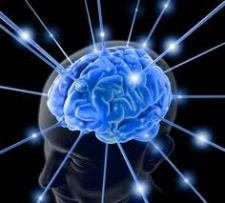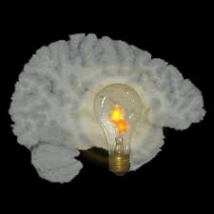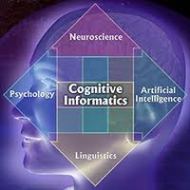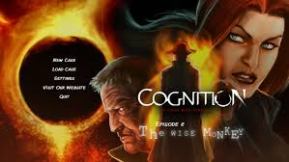There are many stories of my patients to share here with you. But I feel it’s Important to know scientifically, what are we seeing here or what’s exactly being wrong with these patients. 
In simple words all these people having psychiatric disorders/psychological illnesses are having impaired or distorted cognition, hence the behavioral abnormalities or deviations.
How do we come to behave in a certain way? The answer is simple. It requires 3 steps = COGNITION, AFFECT & CONATION. This Triad is the Key of our Healthy ‘beingness’ within the societal or cultural Norms. Cognition is the way we perceive our world or a situation, it leads to formation of a belief to which an emotional valence is added that is; ‘Affect’; that in turn leads to a behavior or pattern of behaviors that is, ‘Conation’. When any of these components is impaired, then that may result in a disorder or illness.
Now let’s see other definitions of ‘COGNITION’=
In science, cognition is a group of mental processes that includes attention, memory, producing and understanding language, learning, reasoning, problem solving, and decision making. Various disciplines, such as psychology, philosophy, linguistics, and computer science all study cognition. However, the term’s usage varies across disciplines; for example, in psychology and cognitive science, “cognition” usually refers to an information processing view of an individual’s psychological functions. It is also used in a branch of social psychology called social cognition to explain attitudes, attribution, and groups dynamics. In cognitive psychology, cognition is typically assumed to be information processing in a participant’s or operator’s mind or brain.
Cognition is a faculty for the processing of information, applying knowledge, and changing preferences. Cognition, or cognitive processes, can be natural or artificial, conscious or unconscious. The sort of mental processes described as cognitive are largely influenced by research which has successfully used this paradigm in the past, likely starting with Thomas Aquinas, who divided the study of behavior into two broad categories: cognitive (how we know the world), and affective (how we understand the world via feelings and emotions). Consequently, this description tends to apply to processes such as memory, association, concept formation,, language, attention, perception, action, problem solving and mental imagery.
Cognitive deficits are highly prevalent in many psychiatric/psychological illnesses, including psychotic & mood disorders like schizophrenia, depression, bipolar disorder, and schizoaffective disorder, anxiety disorders, personality disorders, alcohol & drug addiction etc. Numerous studies suggest that patients with severe psychiatric disorders have impaired sustained attention, impaired thought process and memory . A wide spectrum of ‘EXECUTIVE DEFICITS’ ie. Deficits or deficiencies of the executive functions of brain like Planning, Problem solving, Recognizing the patterns, Scanning, Differentiating, Vigilance, Decision making & Performing goal-oriented tasks have been described along with diminished verbal fluency and information processing speed. There has been an Increasing recognition that psychosocial prognosis,( that is outcome with betterment from the illness) is directly related to the severity of the cognitive impairments.
When evaluating cognitive function in routine practice, clinicians usually compare the patient score against the norms in the general healthy population to ascertain whether the patient cognitive function is preserved or impaired. In such case, comparison allows to determine the distance to what a particular patient separate from the mean score. Nevertheless, in many cases the practitioner refers the patient to a specialist for formal recognition when his/her performance is unusually low compared with patients with same condition. Particularly when additional etiologies (in addition or replacement of schizophrenia) responsible for the high cognitive impairment observed is suspected. Concerning this point, patient score should be compared with the norms belonging to subjects with the same health condition to assess how the different is the patient scoring related to his/her population of reference. This information can improve the clinician´s understanding of patient´s cognitive strength and weakness, put a patient’s cognitive abilities into perspective for their diagnosis, and facilitate multidisciplinary treatment decisions.
THE NEXT STORY WILL BE CONTINUED SOON….





